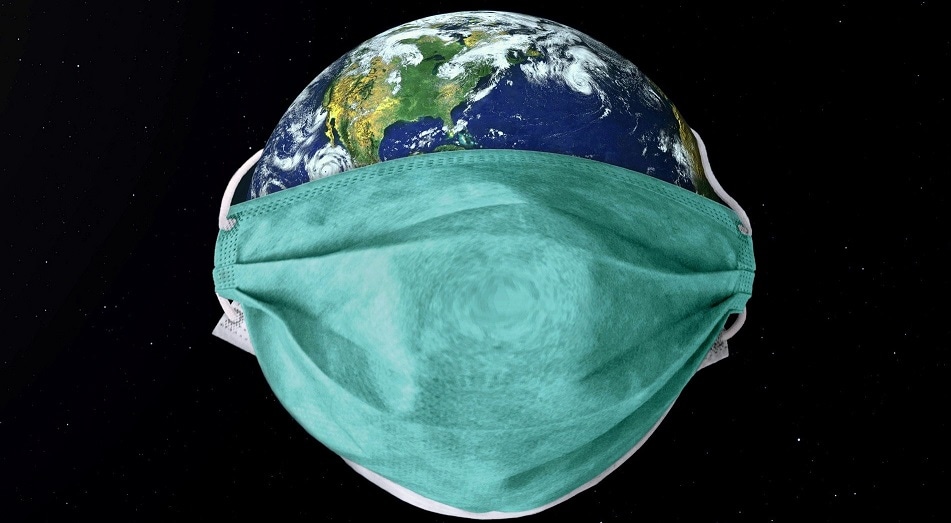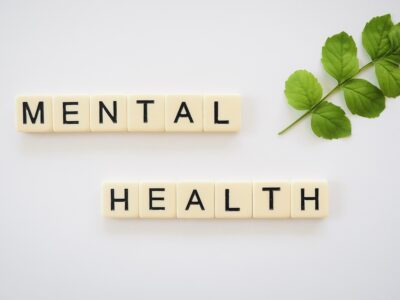“COVID-19 will reshape our world.” – Josep Borrell
Within long stretches of the COVID-19 outbreak, the World Health Organization proclaimed a worldwide pandemic. In addition to the loss of lives, the virus has turned the society upside down and demobilized the worldwide economy. Meanwhile, endeavours to contain this deadly COVID-19 virus by limiting the development have had a striking environmental impact. As explained by Pushpam Kumar, the Chief Environmental Economist at the United Nations Environmental Programme (UNEP) in one of his interviews regarding COVID-19 and the concept and use of nature trade-off paradigm, the outbreak of epidemics like COVID-19 reveal the fundamental tenets of the trade-off we consistently face: humans have unlimited needs, but the planet has limited capacity to satisfy them.
As motorways cleared and production lines shut, grim dirty brown coloured pollution belts contracted over urban areas and industrial centres in many nations within a short span into lockdown. First China, followed by Italy, and currently the UK, Germany and many other nations are encountering temporary falls in carbon dioxide and nitrogen dioxide of as much as 40%, extraordinarily improving air quality and diminishing the dangers of asthma, heart failures and lung ailments.
Scott Collis, an atmospheric scientist at Argonne National Laboratory, said satellite imagery and other atmospheric monitors are already showing a dramatic reduction in pollution. Following their observations, he said, “Over China, there was a 50% reduction in things like nitrous oxide and carbon monoxide due to the shutting down of heavy industries and factories.” Though some studies have also shown a drop in those same pollutants in New York, Collis has reasoned that that was mainly due to a reduction in traffic as opposed to reduced emissions from factories.
So long as the coronavirus crisis keeps economic activities reduced, factory and road traffic emissions will remain relatively low. However, it would be short-sighted to conclude this is a durable environmental improvement as emissions will most likely rise to previous levels when economic activity picks up as the crisis resolves.
Not only the air, but even the water bodies are clearer. A viral image from Venice, one of Italy’s most visited places, shows swans and fishes swimming in the canals while the water looked unusually clear and pristine. With the entire city of Italy under lockdown, locals have noticed how the water in the canal has become clearer, which now shows these small fishes swimming.
According to a report in CNN, Venice’s Mayor said that however, less commute has not really improved the water quality. The water now just looks clearer because there is less traffic on the canals, allowing the sediment to stay at the bottom. Though the studies show that the less boat traffic has brought the sediments at the top surface and while the water quality may have not improved, the air quality definitely has.
As nature is healing itself during the COVID-19 lockdown, the hopeful images of a better tomorrow have caused a frenzy among the netizens and Twitterati, especially as this year marked the 50th anniversary of World Earth Day. During this time of doom and gloom, netizens are trying to find the silver lining to this pandemic. The COVID-19 outbreak forced us into a lockdown, giving us time to reflect, introspect and understand that humans have always posed a danger to nature, but it is like treading on a thin line. With netizens blaming the human race for acting without caring about the environment to saying COVID-19 is the nature’s way of revenge for taking it for granted and abusing her.
We do not know yet when the crisis will end, but we can be sure that by the time it does, our world will look very different. It seems as if nature pressed the reset button to heal itself. But to make this thought really count and meaningful, it is imperative that we actually try to maintain this healthy and respectful relationship with our environment to make it last for a longer period of time rather than just the duration of lockdown.
ABL Recruitment team










